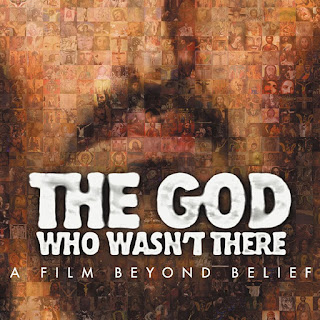Lo and behold, in the on line digital archive of "Croatia records" (previously mighty "Jugoton") I found two little EP recordings recorded in the early 1960s with my dearest late Arsen Dedić making first steps in the recording business. Strange thing is, previously I had no idea these recordings exist at all and I just assumed he started with that clumsy (and, in hindsight completely inappropriate) cover of "Let's Twist Again" and that "To sam ja" from 1963 was his first solo recording. Wrong!
A year before that, he was already a member of vocal quartet (vocal quartets were all the rage back than) modelled on bands like Four Freshmen, The Four Lads, The Four Preps and such.
You can find Kvartet Melos on pop festival Zagreb '62 where impossibly young and earnest Arsen sings completely fine main vocal in front of his doo wop guys. Later in life his singing style metamorphosed into completely different, stark and declamatory recitation so it comes as a shock to hear his young and powerful voice, he really blasts full power and doing it perfectly believable. This was time when ancient Mario Kinel had huge power and influence over choice of "Jugoton" recordings so naturally he moulded these newcomers in relative clones of his other successful projects like Duo s Kvarnera or Trio Tividi, in fact he imposed his lyrics on the guys although Arsen was (as time will show) perfectly capable to write his own, superior texts. At this time he was still doing it under pseudonym Igor Krimov in order to hide his moonlighting from Music Academy, although having picture on the cover probably blew away the disguise anyway. The music recorded here are mostly international covers inspired by above mentioned vocal quartets, which even than in 1962. was old hat - doo wop was basically thing from previous decade - but for the local music market this was breath of fresh air. On cover of "Lady Is The Tramp" guys swing like mad and Ljubljana Jazz Orchestra actually sound genuinely inspired. You would never in a million years think that Arsen Dedić could swing, but here it is.
Not long after his dabbling in vocal quartet, Arsen went solo and this is something I only discovered recently. This little, completely forgotten, four-song EP recording preserves his earliest sound and the way he was when he first stepped on a music stage. Still very far from the chanson he will perfect later, these are lovely, lilting little pop ballads (with one exception international covers) and even if everything sound old-fashioned and very quant nowadays, the best thing about recording is Arsen's voice - he was really fresh as a rose back than and his young voice was impossibly attractive. Besides singing songs by Henri Salvador, Domenico Modugno and Gilbert Bécaud, the one and only homegrown number is a funny little country song by Vili Čaklec. Lyrics are written by Arsen himself, still hiding under pseudonym Igor Krimov (but his real name on the cover?) and its just amazing how this recording was never compiled or saved anywhere, it is completely obscure and even I never heard of it until recently. Even though later in life he had built amazing body of work, I perfectly understand listeners who preferred his old 1960s music (something that apparently annoyed him as he constantly focused forward and to future projects). Wonderful gift for fans and collectors.


















